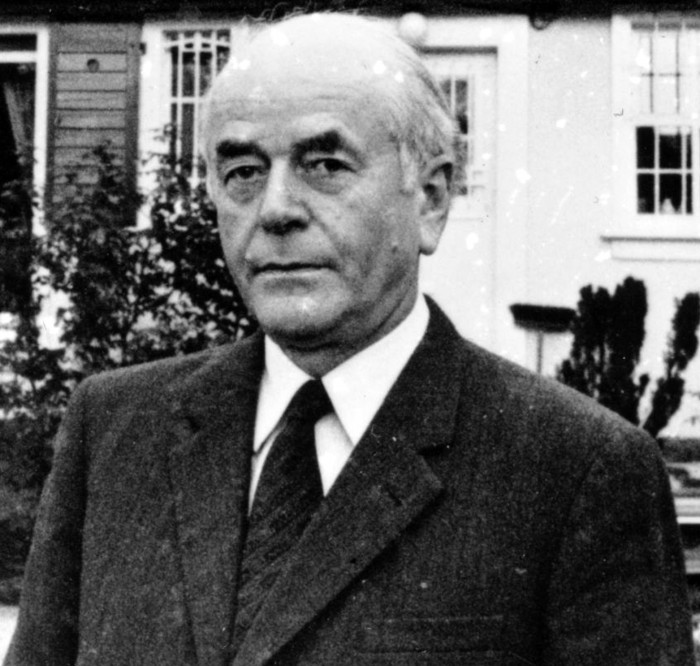Berthold Konrad Hermann Albert Speer (March 19, 1905 – September 1, 1981) was a German architect who was, for a part of World War II, Minister of Armaments and War Production for the Third Reich. Speer was Adolf Hitler’s chief architect before assuming ministerial office.
As “the Nazi who said sorry”, he accepted moral responsibility at the Nuremberg trials and in his memoirs for complicity in crimes of the Nazi regime, while stating he was ignorant of the Holocaust. In 1918, the family moved permanently to their summer home Villa Speer on Schloss-Wolfsbrunnenweg, Heidelberg.
According to Henry T. King, deputy prosecutor at Nuremberg who later wrote a book about Speer, “Love and warmth were lacking in the household of Speer’s youth.” Speer was active in sports, taking up skiing and mountaineering.
Speer’s Heidelberg school offered rugby football, unusual for Germany, and Speer was a participant. He wanted to become a mathematician, but his father said if Speer chose this occupation he would “lead a life without money, without a position and without a future”. Instead, Speer followed in the footsteps of his father and grandfather and studied architecture.
In February 1942, Hitler appointed Speer Minister of Armaments and War Production. Under his leadership, Germany’s war production continued to increase despite considerable Allied bombing.
After the war, he was tried at Nuremberg and sentenced to 20 years in prison for his role in the Nazi regime, principally for the use of forced labor. Despite repeated attempts to gain early release, he served his full sentence, most of it at Spandau Prison in West Berlin.

At the Nürnberg trials in 1945–46, Speer expressed remorse for crimes committed by the Nazis but denied firsthand knowledge of the plan to exterminate Jews. Convicted of war crimes and crimes against humanity, he served a 20-year sentence at Spandau Prison in West Berlin.
Until his death, Speer continued to publicly assert that he had been unaware of the “final solution.” In a letter written in 1971, however, Speer admitted to having been present at a 1943 conference at which Heinrich Himmler announced that all Jews would be killed; the letter was made public in 2007.
Albert Speer may have a bit of self-interest in his presentation of events through his own eyes, but the most striking sense of the book is that he is, in fact, an extremely likeable man, and a man of thoughtfulness and conscience.
His personal struggle to accept the wider meaning of his wartime activities demonstrates the capacity of a decent man to be swept away in indecent activity on the basis of personal pride in a job well done, a personal search for recognition and admiration, and an all too human ability to see through blinders for a very long time.
Many good men, especially bright young men, follow a leader in the wrong direction, and later come to defend their wrong choice of leaders in part from loyalty, and in part to explain themselves to themselves. They cannot see that their emperor has no clothes because they are too close to him, and because they cannot bear to look at the fact that they were duped.